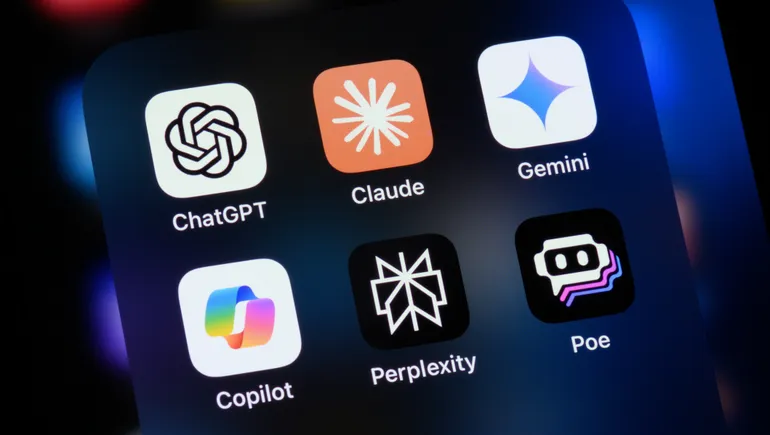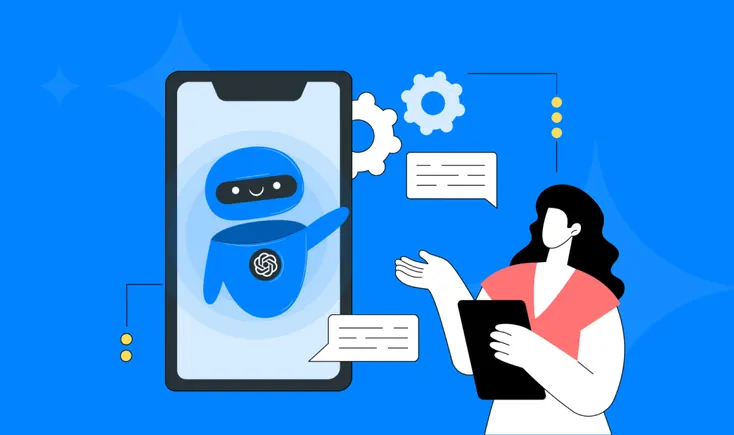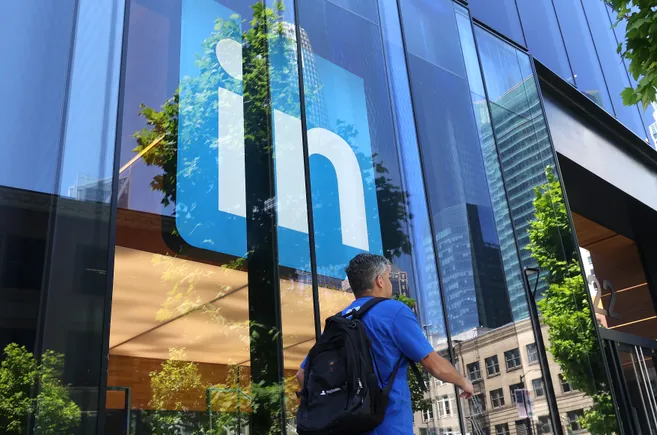Dive Brief:
- Many large companies have adopted or are piloting generative artificial intelligence in the workplace, signaling the technology’s importance headed into 2025, according to an ADP report published Monday.
- AI figured heavily into the company’s top workplace trends report for the year ahead. ADP cited data from a McKinsey report showing that 57% of employers aimed to close generative AI skills gaps through targeted upskilling. Employers are also more broadly focused on skills and experiences when evaluating talent, ADP Chief Inclusion and Diversity Officer Tiffany Davis said in the firm’s press release.
- ADP said that while most workers it surveyed earlier this year believed AI would affect their jobs over the next two to three years, employers are concerned about laws targeting their own use of AI, particularly in hiring. Jason Albert, the company’s global chief privacy officer, said in the release that ADP expects to see more such laws.
Dive Insight:
The report’s highlights may not come as a surprise to those following HR technology trends over the last year. Big names in the space have increasingly integrated AI into their workforce products, one of the latest being LinkedIn’s debut of an AI-powered hiring assistant that can source candidates and ask screening questions. Large employers have been especially active in introducing automated recruiting practices of late.
But there are some signs that the AI boom has slowed somewhat, particularly among workers. A Slack report published last week found that AI adoption rates among workers did grow over the previous three months but at a significantly lower rate compared to 2023. That may be in part due to worker confusion about when and how to use the tech during their day-to-day duties, Slack said.
Similarly, there is evidence of an age gap between workers over AI’s value, according to a recent Udacity report, with millennials in the firm’s survey being more likely than their cohorts in Generation X and Gen Z to say that AI improved decision-making, reduced stress and increased productivity. Other organizations have called on employers to better prepare their employees for AI’s effects.
But even as AI skills become a greater talent priority for employers, some experts — including Svenja Gudell, chief economist at Indeed — believe that the tech still has a long way to go before it can effectively replace human skill sets. A Cornerstone OnDemand report found that demand for “human skills” such as leadership, communication and emotional intelligence still outpace that for AI-related skills globally.
ADP’s mention of regulatory issues pertaining to AI may continue to be a sticking point for employers in the new year. Law firm Littler Mendelson published a survey of employers last month finding that most still have not adopted a formal workplace policy for generative AI use, even as company executives feared the legal risks of using AI in HR.
Employers received a warning on this front from the Consumer Financial Protection Bureau in October, which said in guidance that third-party consumer reports that employers use to monitor workers must be used with workers’ consent.
Correction: A previous version of this story misstated the date the report was published. It was published Monday.





Leave a Reply